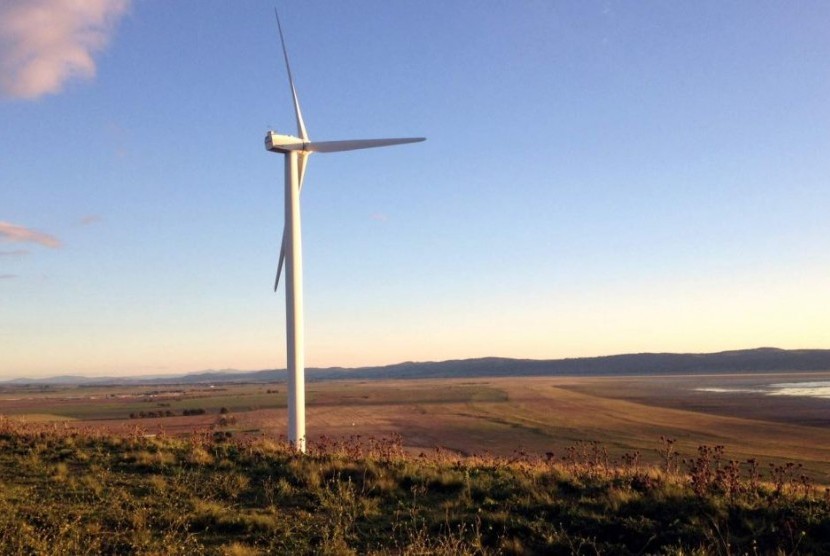REPUBLIKA.CO.ID, JAKARTA -- Indonesia has renewable energy reserves available in abundance. However, production is only two percent of the potential, an official has said.
"The renewable energy potential is not yet fully tapped," head of the Sub-directorate of Infrastructure Supervision of the Directorate General of New Energy and Energy Conservation Mustaba Ari said here on Tuesday.
Mustapa was speaking on "Policy Direction and Funding Potential for Renewable Energy to Support Low Carbon Development" at a meeting on the Indonesia Climate Change Trust Fund Day 2018.
He said Indonesia has potential reserves of 441.7 gigawatts of renewable energy but only 9.29 GW or two percent of which had been produced.
Development of renewable energy would strengthen the country's energy security. The government has a target to produce 45 GW of renewable energy to be able to contribute 23 percent to the country's primary energy mix in 2025 and to reach electrification ratio at 99 percent in 2019.
The use of renewable energy will also contribute to the program of reducing Green House gas. Indonesia is to reduce green house gas to 29 percent in 2030.
The use of renewable energy is expected to contribute 50 percent to the cut in green house gas emission.
The energy sector is expected to contribute to cutting gas emission equivalent to 314 million tons of carbon dioxide in 2030.
Until the first half of 2018 the country succeeded in reducing gas emission equivalent to 40 million tons of carbon dioxide.
"Energy is an instrument to bring about social justice. Therefore, energy has to be available evenly in reasonable price within reach of the people," Mustapa said.
Energy policy has to contribute to improving the people's welfare and strengthening the competitiveness of the country's industry, he added.
Development of renewable energy generating facilities could be implemented faster if long term "green fund" is available in cooperation with advanced countries in technology, he said.
He said the cooperation should be under the scheme of transfer of technology and development of human resources, and to create sustainable development and green economy.


